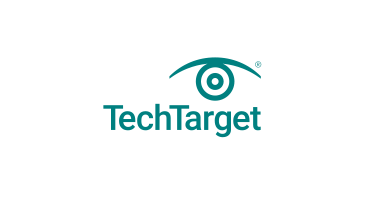The General Data Protection Regulation (GDPR) is legislation that updated and unified data privacy laws across the European Union (EU). It was approved by the European Parliament on April 14, 2016, and went into effect on May 25, 2018, replacing the EU Data Protection Directive of 1995. The GDPR focuses on enhancing transparency for businesses and expanding privacy rights for data subjects.
Under the GDPR, organizations must notify all affected individuals and the supervising authority within 72 hours of detecting a serious data breach. The regulations apply to all data produced by EU citizens, regardless of the location of the collecting company, as well as to all individuals whose data is stored within the EU, regardless of citizenship.
The GDPR aims to protect individuals and their data, ensuring responsible data collection and maintenance. It establishes conditions for legal processing of personally identifiable information (PII) and mandates the appointment of a data protection officer for companies conducting data processing on a large scale. Noncompliance with the GDPR may result in significant fines.
Personal data protected under the GDPR includes various types of information related to an identifiable person. The regulation defines principles for data collection, storage, accuracy, and accountability, as well as granting data subjects rights such as the right to be forgotten, access, object, rectification, and portability.
All organizations collecting personal data of EU member state citizens must comply with the GDPR, regardless of their location. Breach notifications are required within 72 hours of a security incident, with penalties for noncompliance based on the severity of the breach and other factors.
Additionally, the GDPR addresses third-party data protection and requires permission for transferring data outside the EU. Compliance with the GDPR is crucial for UK companies doing business in EU member states, as they must adhere to the regulations.
To ensure GDPR compliance, organizations should follow best practices such as obtaining consent before data collection, limiting data collection, encrypting personal data, maintaining secure backups, and having tools for data editing and deletion. Responsible data management is essential for protecting personal information and preventing cybercriminal exploitation.









